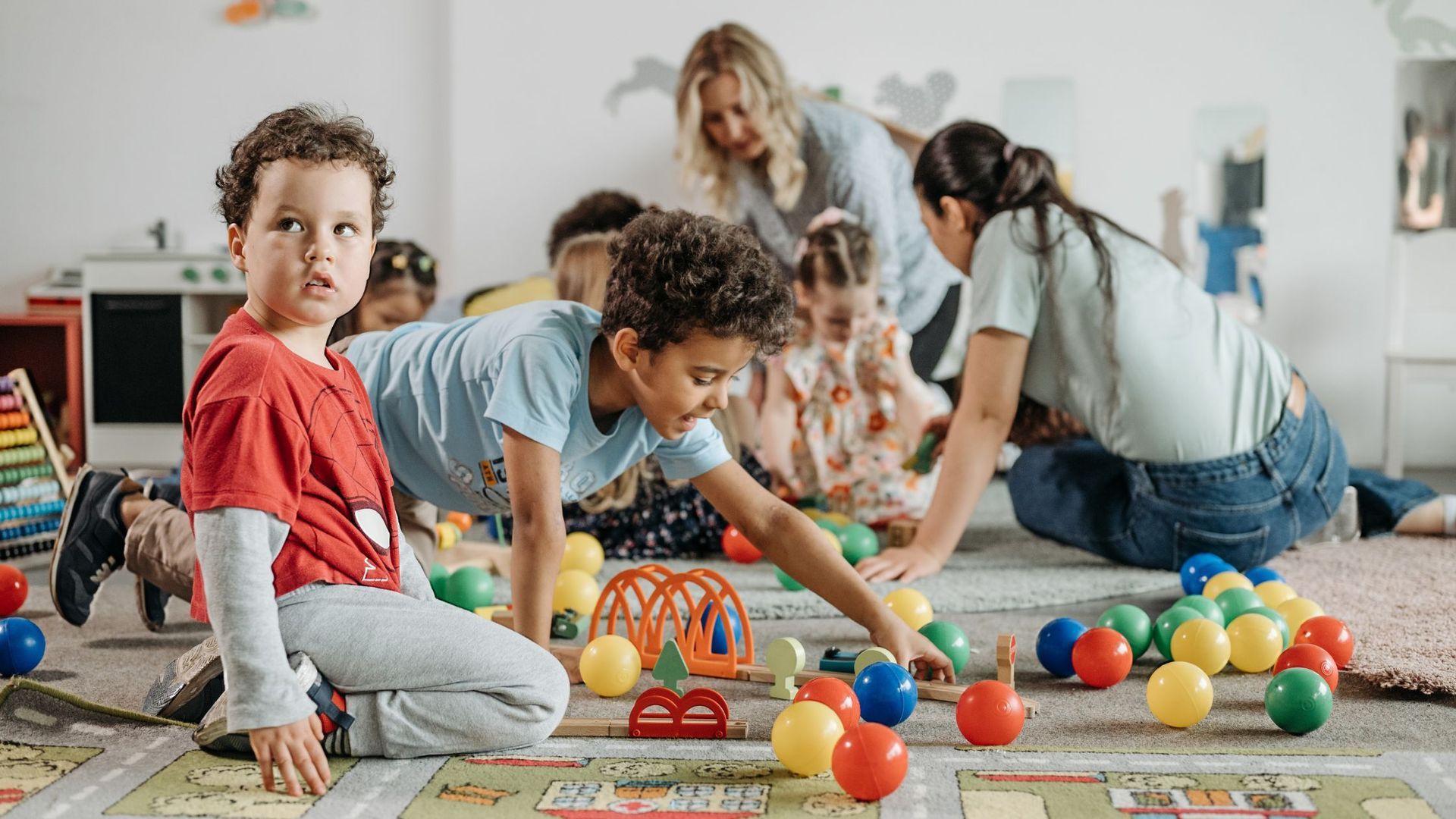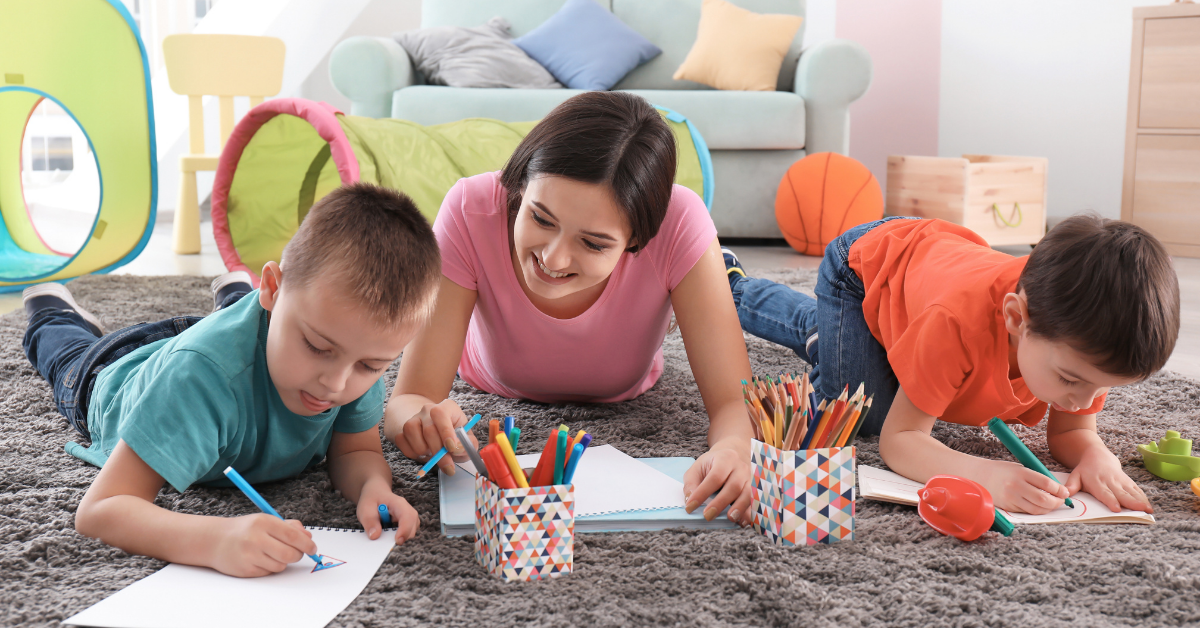Easy Arts and Crafts Projects That Promote Fine Motor Skills

Fine motor skills are essential for young children as they develop the hand strength, coordination, and dexterity needed for everyday tasks like writing, buttoning clothes, and using utensils. Arts and crafts activities provide a fun and engaging way to strengthen these skills while fostering creativity. Here are some simple and enjoyable projects that help improve fine motor abilities in young children.
Developing fine motor skills through arts and crafts not only supports creativity but also lays the groundwork for essential early learning milestones. These foundational skills play a crucial role in a child's educational journey, reinforcing the importance of quality early childhood education—learn more about how it sets the stage for success here. If you're wondering about the right time to start childcare to support your child's development, check out our guide on the best age to start childcare.
1. Bead Threading
What You Need:
- Large beads (wooden or plastic)
- Shoelaces, pipe cleaners, or string
How to Do It:
- Give your child a shoelace or pipe cleaner and a selection of beads.
- Encourage them to thread the beads onto the lace, creating patterns or necklaces.
- Gradually introduce smaller beads to increase difficulty.
Benefits:
This activity strengthens pincer grasp, hand-eye coordination, and patience.
2. Lacing Cards
What You Need:
- Cardstock or foam sheets
- Hole punch
- Shoelaces or yarn
How to Do It:
- Cut cardstock into simple shapes (animals, stars, hearts) and punch holes around the edges.
- Give your child a shoelace to thread through the holes, like sewing.
- Start with fewer holes and increase complexity as they improve.
Benefits:
Lacing develops hand-eye coordination, finger dexterity, and patience.
3. Cutting and Gluing Collages
What You Need:
- Child-safe scissors
- Magazines, colored paper, or old wrapping paper
- Glue stick
- Large sheet of paper
How to Do It:
- Let your child practice cutting different shapes from magazines or colored paper.
- Encourage them to arrange and glue the cutouts onto a large sheet to create a collage.
- Add extra elements like stickers or stamps for variety.
Benefits:
Scissor activities strengthen hand muscles, improve grip, and develop bilateral coordination.
4. Sticker Play
What You Need:
- Stickers of various shapes and sizes
- Blank paper or coloring pages
How to Do It:
- Give your child a sheet of stickers and encourage them to peel and place them onto paper.
- Create sticker patterns, scenes, or even sticker sorting activities.
- Try repositionable stickers for younger children who may need extra practice.
Benefits:
Peeling and placing stickers builds finger strength, coordination, and precision.
Conclusion
Engaging in arts and crafts is a fun and effective way to develop fine motor skills in young children. These simple projects encourage creativity while strengthening hand muscles, coordination, and dexterity. By incorporating these activities into daily play, you help set the foundation for essential skills like writing, self-care, and independence. So grab some supplies and start crafting today!










